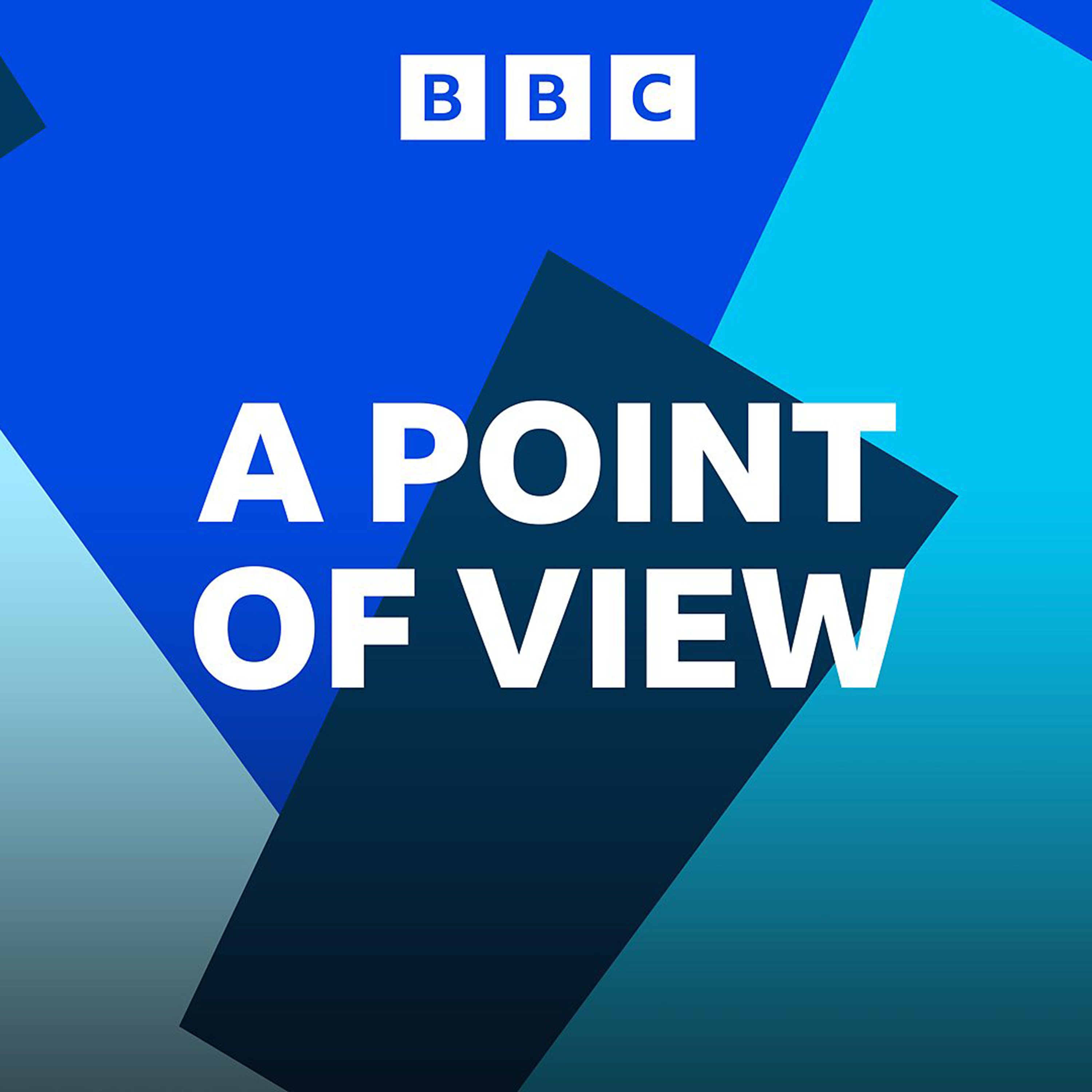

A Point of View
BBC Radio 4
A weekly reflection on a topical issue.
Episodes
Mentioned books

Apr 13, 2018 • 10min
The Mental Illness Metaphor
Exploring the use of mental illness metaphors in society, including analyzing political events and government decisions. Discussing the impact of these metaphors on individuals with mental health conditions and the need to combat stigma.

Apr 6, 2018 • 9min
China and the Retreat of Liberal Values
"Western liberals", writes John Gray, "are horrified by the rise of Xi Jinping". But as China's parliament votes to allow him to be President for life, John Gray argues that the future of the liberal West ironically depends on the continuing success of the world's most powerful authoritarian state. Producer: Adele Armstrong.

Mar 30, 2018 • 9min
Modern-day Empires
John Gray says the idea that empire has had its day is one of the delusions of our age.Old empires, he says, are being replaced by new ones - in China, Russia and - he argues - in Europe. He examines the idea of a European "empire of the good" - one that is liberal and democratic throughout. Producer: Adele Armstrong.

Mar 23, 2018 • 9min
The Rise and Rise of Up Lit
There was Chick Lit, then Grit Lit....now it's "Up Lit" - uplifting stories about kindness and community that we all seem to be reading. Kamila Shamsie says she, too, has been carried along with this wave of escapism from "dark times". But she says the idea that "upliftment" should be marketed to the reading public as the only fictional response to difficult times strikes her as problematic. "The best fiction always makes us look at - rather than away from - the world". Producer: Adele Armstrong.

Mar 16, 2018 • 10min
The True Mark of Civilisation?
At a time when the word "civilisation" is the subject of great debate, Kamila Shamsie explores the meaning of the word through the prism of Indian art. "If you really want to understand how the world's civilisations interact and meld", she writes, "go and look at the art of Gandhara". Producer: Adele Armstrong.

Mar 9, 2018 • 10min
Going Forward
Tom Shakespeare tells us why he believes the phrase "going forward" is an inelegant and negative replacement for "in future".When you talk about the future, he says, you are using a temporal concept. It's a different time from now - the time to come - and "invites us to open out our imaginative space". It offers the possibility that things might be different. "Going forward", on the other hand, is a spatial concept - "nothing but the present, infinitely extended". Producer: Adele Armstrong.

Mar 2, 2018 • 9min
Teffi: Silver Shoes and the Dream of Revolution
"We're in one of those recurring periods in history", writes John Gray, "when the idea of revolution has become appealing again".
In this context, John says we should dust off the work of Teffi - one of the best known writers in Russia before the revolution.
"I doubt", he says, "if anyone has written with such luminous clarity of what it means to live in a time of chaos". Producer: Adele Armstrong.

Feb 23, 2018 • 9min
The Dangers of a Higher Education
John Gray argues that, throughout history, highly educated people have often made the worst decisions. Taking George Orwell as his starting point "There are some ideas so absurd that only intellectuals could believe them", he asks why we're still so reluctant today to give credence to the views of ordinary people.He examines the role of universities in teaching critical thought in the humanities and social sciences and wonders if students who have "swallowed this mishmash" really have a better understanding of the world around them. Producer: Adele Armstrong.

Feb 16, 2018 • 9min
The Trolley Problem
In 1967, the philosopher Philippa Foot developed a thought experiment about a runaway trolley. It involved countless dilemmas designed to illustrate human behaviour. But whatever the scenario, the rhetoric was always the same....the overwhelming desire was for the trolley to kill fewer people and save more. AL Kennedy argues that today that rhetoric is in danger of being turned on its head. Producer: Adele Armstrong.

Feb 9, 2018 • 10min
Memento Mori
"Death's not great for selling yoghurt" writes AL Kennedy, "but making Death dance through a culture seems to do more than reinforce dominant ideologies....it can lend power to the powerless". She says for millennia, the human race has searched for everlasting life. Instead of resisting our mortality, she argues that it's empowering to reflect on it. Producer: Adele Armstrong.


